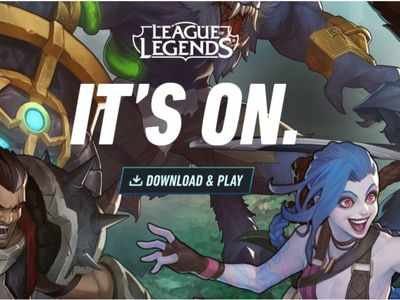
Presented at the Canadian Game Studies Association, this presentation built off of my previous work of League of Legends, discussing how of conglomeration, user data and the esport scene influences player behaviour. Connecting to arguments of surveillance, filter bubbles, and the digital economy, this presentation argued that game platforms are actively shaping users play habits and preferences. I initially explore the relationship between Tencent's control of Riot Games (founders of League of Legends) and the social features that are introduced and adjusted. This is furthered by connecting it to recent work on the dangers of the digital economy, exploring how these economic practices are embedded in the free-to-play game platform. Finally, this presentation concluded with a brief discussion of the competitive community space. Highlighting the impact of League of Legend's popular competitive scene, I argue that its popularity directly influences players to participate in the game 'like the pros'. While some of my claims do not directly impact each player, these processes (among unexplored others), cause a change in community play. I conclude by discussing the positive potential of these process, specifically around toxic community cultures.
This presentation is part of a larger exploration I am completing on the relationship between digital practices and player behaviour.
